How does Luther impact you and your research?
23.03.2017 von Corinna Bertz in Science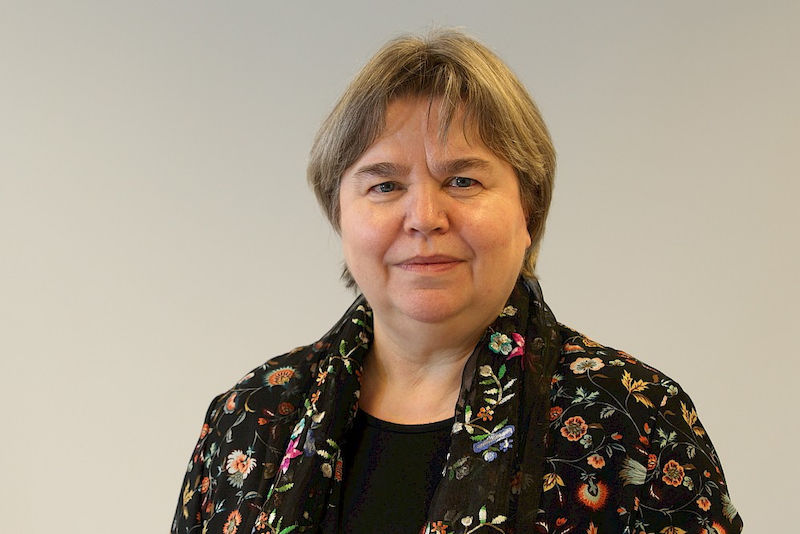
"Luther thought a lot about things that continue to drive speech science today. He recognised that it was foolish to use a lot of words to say nothing. He advised speakers: make a firm appearance, open your mouth and finish up quickly. He realised that speaking wasn’t an art form even though only a few manage to speak clearly and accurately. And he was convinced that women are naturally gifted speakers and understand the art of speaking. There’s nothing left to add." – Professor Ursula Hirschfeld, professor of speech science (Foto: Maike Glöckner) 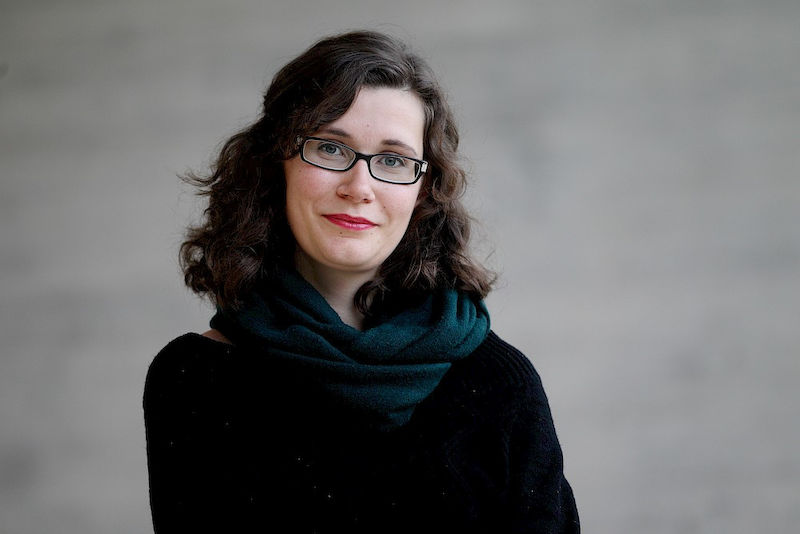
"For me, reformist teachings mean the possibility of having a subjective belief and direct access to God. They challenge me as a Christian to take personal responsibility for dealing with the discipleship of Christ and with God, particularly now in an age of conflicts. Luther’s teachings have helped me access faith. It has made it possible to critically scrutinize Christianity." – Astrid Wohlberedt, PhD student of the graduate school “The Cultural Impact of the Reformation” (Foto: Maike Glöckner) 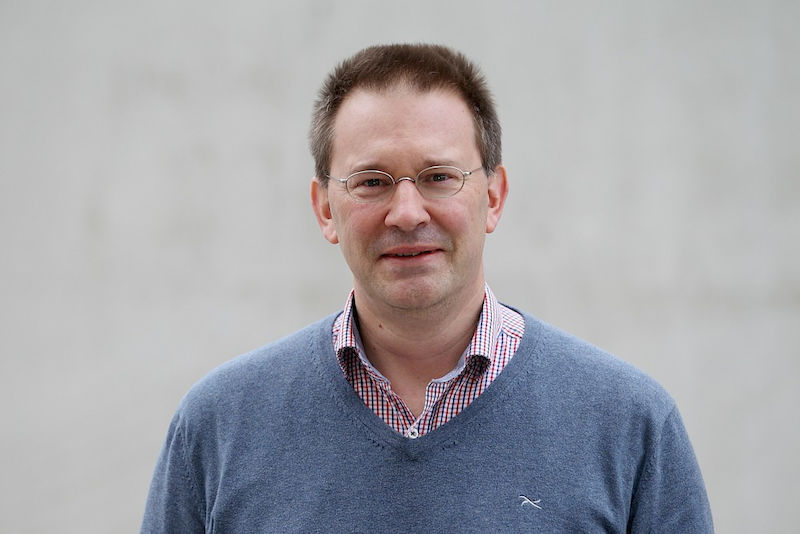
"Luther and the Reformation are a part of popular culture. For me it is exciting to study how the Reformation is dealt with in German and American films. Are there close similarities to Luther as an historical figure? Are there any cultural differences in the way he is portrayed? The link between religion and culture is a basic component of American literature and cultural studies." – Professor Erik Redling, professor of American literature (Foto: Maike Glöckner) 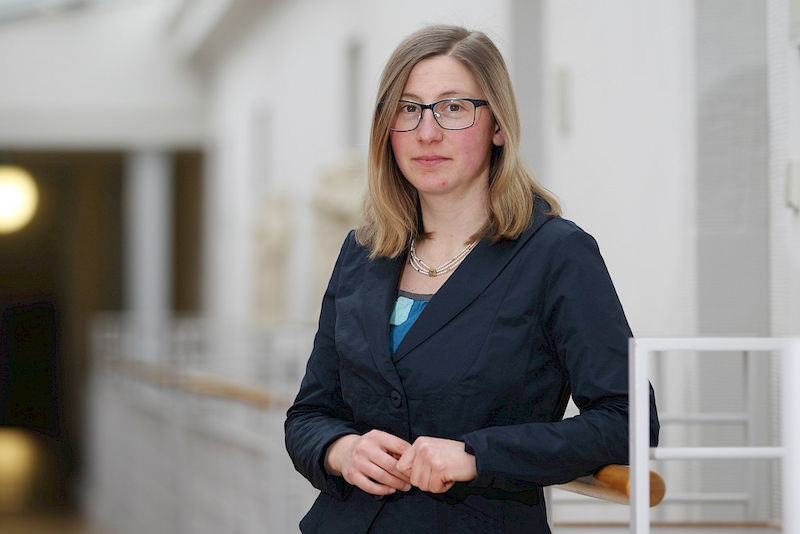
"Luther and equality? Asking this seems provocative and counterproductive. Provocative because Luther is known for his polemic and limiting positions towards others. Counterproductive because it is difficult to pose a modern question to a person from the Early Modern era. Without wanting to turn the reformer into the first “modern man”, his doctrine of a “priesthood of all believers” is key to theologically justifying the equality of all mankind. He developed the idea that, through baptism, everyone is preordained as a bishop, priest or pope." – Dr Ulrike Witten, equal opportunities representative of the Faculty of Theology (Foto: Maike Glöckner) 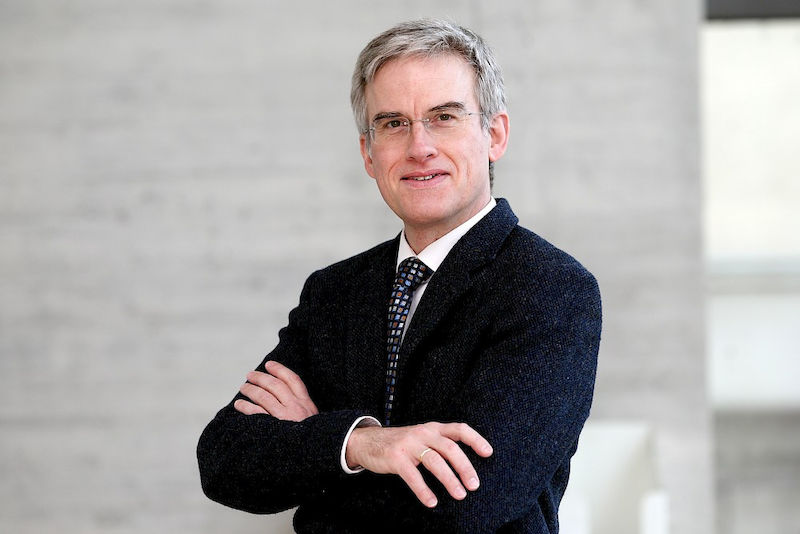
"For me, as a Protestant Christian, Luther’s theology is the key to understanding the Christian message: I find God through God finding me. I can be there for others because God is there for me. This gives me freedom. Luther has formulated fundamental requirements for my field: that the institutions of state and law are secular things and, as such, must be subjected to ethical standards if there is to be a subsequent separation between church and state. The fact that mankind is not determined by institutions is a precondition for the later recognition of his civil liberties." – Professor Michael Germann, professor of public law, state-church law and church law (Foto: Maike Glöckner) 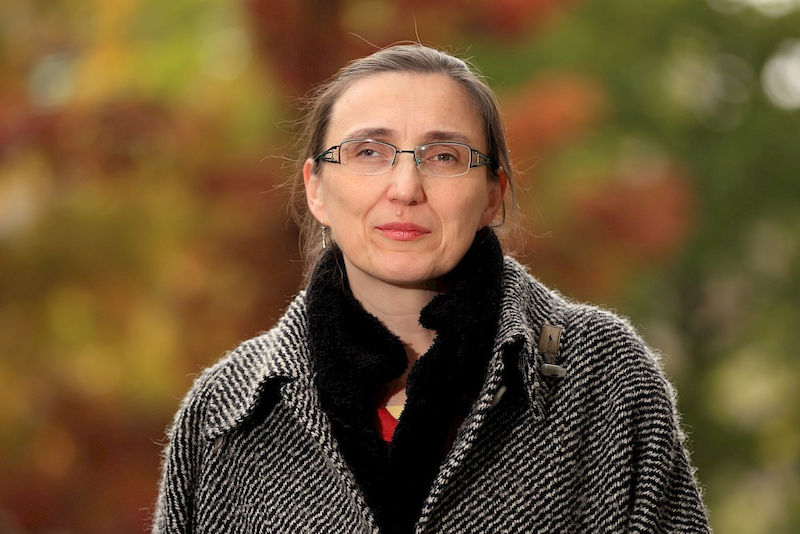
"Luther had no detailed knowledge about the Christian Orient. Nearly everyone of his era regarded this region to be the realm of Jews and Muslims. Protestants discovered that there were Christians living there only after Luther’s death. These Christians in the Orient were not considered their equals. However, today Christianity is a very important cultural, social and political factor in the Christian Orient." – Professor Cornelia Horn, Heisenberg professor of “Language and Cultures of the Christian Orient” (Foto: Maike Glöckner) 
"As someone from Erfurt I often think about the Reformation. Sometimes I get annoyed that it is often only about Luther and not about the person who believes in the faith. In one way Luther is nevertheless a model for me, namely when I need courage and when I need to take to heart what I think and feel. He felt the Church was unjust, had doubts, and strove to make changes, despite the opposition." – Kerstin Thomar, theology student (Foto: Christopher Kuka) 
"Martin Luther’s actions against the Mediaeval dogmatism of the Catholic Church released science from the constraints existing at the time. Deference to authority was replaced by rationalism and scientific knowledge. This opened up completely new prospects for research. Only afterwards were the foundations laid without which the modern natural sciences, as we know them today, would be inconceivable." – Professor Ingrid Mertig, professor of theoretical physics (Foto: Michael Deutsch)
